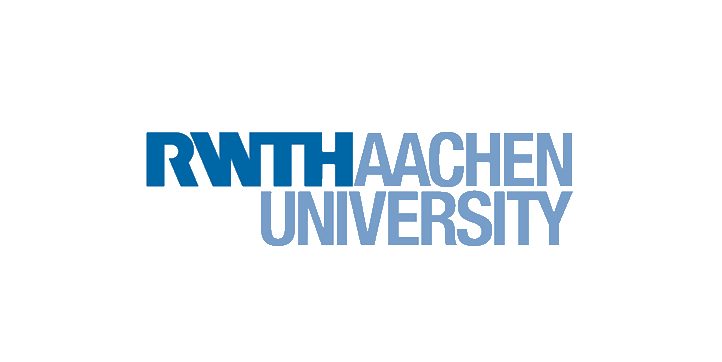RWTH: RWTH supports international master’s program in West Africa
With the “International Master’s Program in Energy and Green Hydrogen” (IMP-EGH), the West African Science Service Center on Climate Change and Adapted Land Use, WASCAL for short, wants students on site for the future topic together with RWTH Aachen University and Forschungszentrum Jülich Qualify “Green Hydrogen”. The two-year master’s course is designed on the basis of existing WASCAL graduate school programs. With the program, the project managers want to train students on the basis of international
standards and best practices. The Federal Ministry of Education and Research is supporting the program within the framework of the energy research program “Innovations for the Energy Transition” initially until 2025 with 8 million euros.
RWTH Aachen University and Forschungszentrum Jülich provide support in teaching and supervising students using online tools and on-site visits. In addition, the students will spend a semester in Germany to gain practical experience and write their theses. In the IMP-EGH master’s course, students from a total of 15 countries are taught together for the first time, four leading West African universities are involved in the implementation: the Université Felix Houphouet Boigny (Ivory Coast), the Université de Lomé (Togo), the Université Cheikh Anta Diop de Dakar ( Senegal) and the Université Abdou Moumouni de Niamey (Niger). 60 students are trained per round.
West Africa has enormous potential to generate solar and wind energy and use it to produce green hydrogen – more than it will need for its own needs. In the future, the continent could export so-called green hydrogen on a large scale, i.e. hydrogen obtained from renewable energy. In order to use the available resources, however, you need appropriate know-how.

